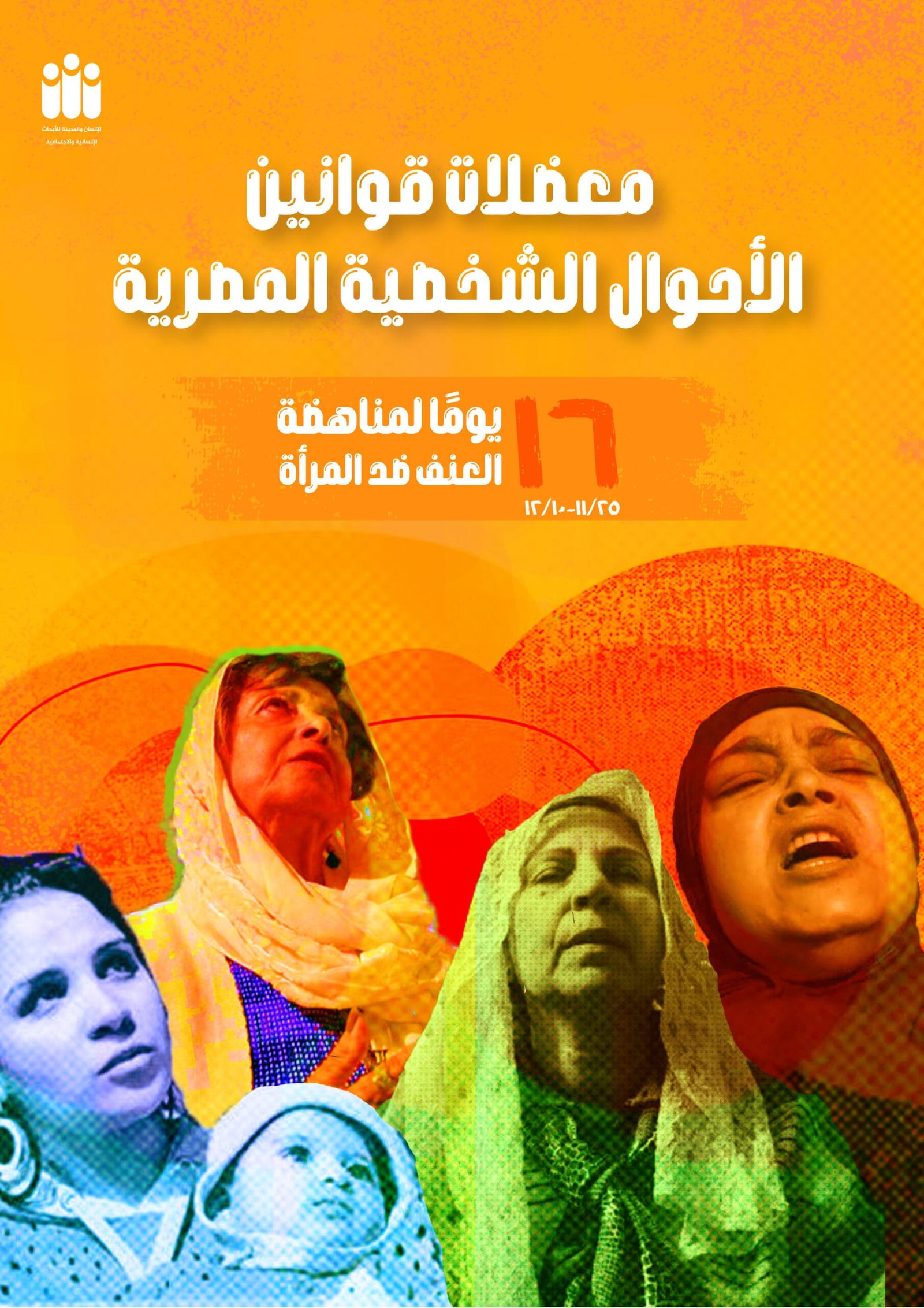In the past few years in Egypt, the discussion about personal status laws in Egyptian society has increased, culminating in the broadcasting of the television series Faten Amal Harbi. Within such framework, this research paper discusses the dilemmas of personal status laws, wether addressing the discriminatory approach in the legislative texts, or problems facing women in its practice.
The research paper addresses personal status laws from the perspective of legal jurisprudence, and the judicial rulings that dealt with them in detail. Moreover, a literature review of previous research papers that dealt with the same issues was conducted, followed by an analysis of the social impact of these problems on women by reviewing the country’s statistical data on marriage, divorce, domestic violence rates, and women’s economic empowerment.
The research paper is divided into three main sections: first, the Egyptian legal system and the scope of the Egyptian constitution’s application of Islamic law, in terms of criterion and the legislative history of personal status laws for Muslims and Christians. Second, the most crucial matters in the personal status laws for Muslims were addressed, such as alimony, safe housing, polygamy, guardianship, custody, and documentation of children. Lastly, the research discussed Christian family laws, in particular, the problems facing female Christians in their laws and the extent of subjecting their family matters to islamic sharia, in regards to marriage and divorce, inheritance and adoption.



